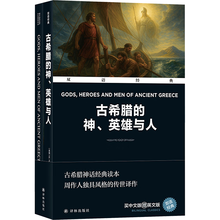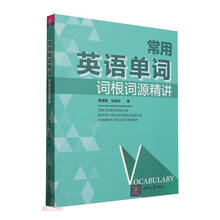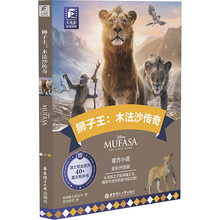The bear edged away to one side, growling menacingly,himself appalled by this mysterious creature that appearedupright and unafraid. But the man did not move. He stood like astatue till the danger was past, when he yielded to a fit oftrembling and sank down into the wet moss.
He pulled himself together and went on, afraid now in anew way. It was not the fear that he should die passively fromlack of food, but that he should be destroyed violently beforestarvation had exhausted the last particle of the endeavor in himthat made toward surviving. There were the wolves. Back andforth across the desolation drifted their howls, weaving the veryair into a fabric of menace that was so tangible that he foundhimself, arms in the air, pressing it back from him as it might bethe walls of a wind-blown tent.
Now and again the wolves, in packs of two and three,crossed his path. But they sheered clear of him. They were not insufficient numbers, and besides they were hunting the caribou,which did not battle, while this strange creature that walkederect might scratch and bite.
In the late afternoon he came upon scattered bones wherethe wolves had made a kill, The debris had been a caribou calf anhour before, squawking and running and very much alive. Hecontemplated the bones, clean-picked and polished, pink withthe cell-life in them which had not yet died. Could it possibly bethat he might be that ere the day was done! Such was life, eh? Avain and fleeting thing. It was only life that pained. There was nohurt in death. To die was to sleep. It meant cessation, rest. Thenwhy was he not content to die?
But he did not moralize long, He was squatting in the moss,a bone in his mouth, sucking at the shreds of life that still dyed itfaintly pink. The sweet meaty taste, thin and elusive almost as amemory, maddened him. He closed his jaws on the bones andcrunched. Sometimes it was the bone that broke, sometimes histeeth.
展开










